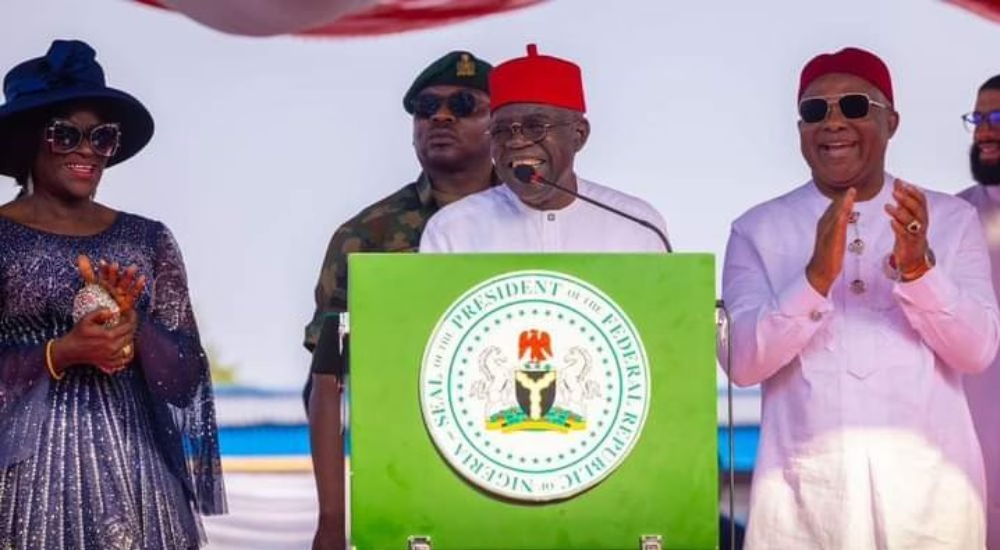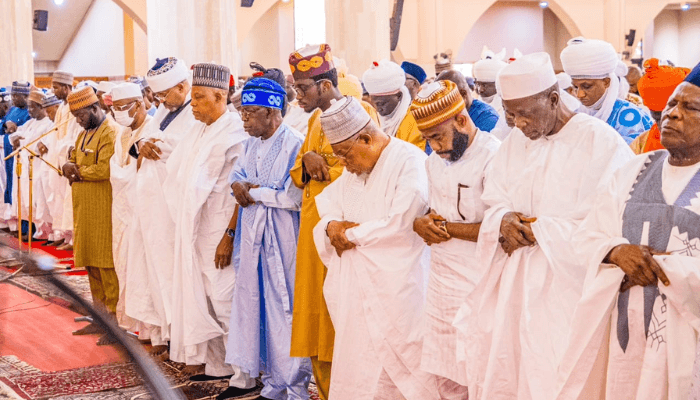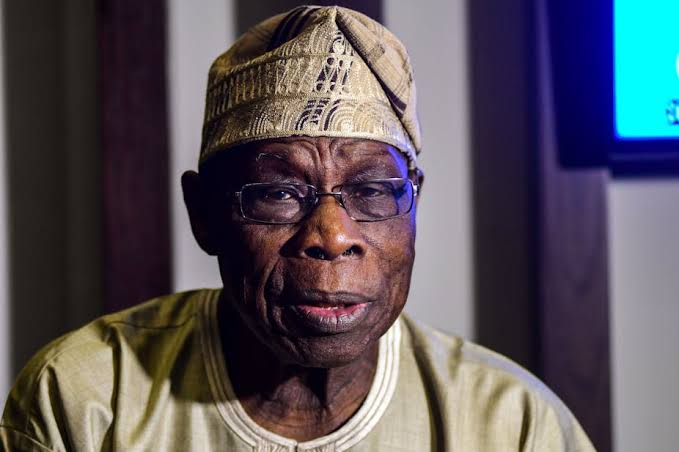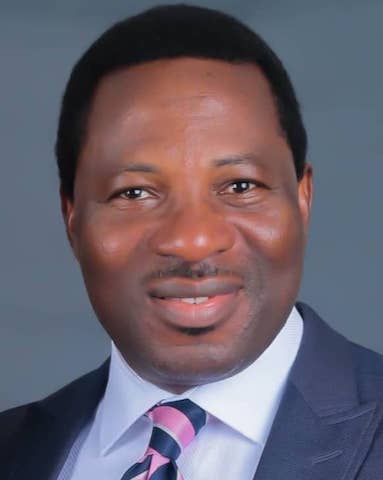Why Kamala Harris’ New Politics of Joy Is the Best Way to Fight Fascism

Politics tamfitronics
History shows that joy and mockery are key to taking down existing or would-be authoritarian regimes
Brat. Weird. Megan Thee Stallion. Democrats haven’t just recast the lead at the top of their electoral ticket; they’re performing an entirely new show. Right wing operatives, desperate to make silly selfies seem like evidence of — gasp! — socialismare trying to claim this new politics of joy (and mockery) is proof of nefarious intent. This is either par for the “every accusation is an admission” MAGA Republican playbook or merely ironic. Creating good vibes isn’t just generally effective, it’s critical especially in what may seem the most counterintuitive cases: confronting existing or would-be authoritarian regimes, in other words, MAGA Republicans.
Sami Gharbia once said, “humor is the first step to break taboos and fears. Making people laugh about dangerous stuff like dictatorship, repression, censorship is a first weapon against those fears… without beating fear you can not make any change.” The lure of the authoritarian is that he is the Strongman, as Ruth Ben Ghiat has sagely written. Like his peers, Donald Trump promises to fight the forces of chaos, restoring the “rightful” place of the “real citizens” who have been usurped by some undeserving “other.” Indeed, he promises to elevate the nation as a whole on the world stage, to make it “great again.” The audition tape of the would-be-dictator is of alpha male vying for the role of making things happen.
Bringing dictators down to size, making them seem vincible, has been integral to their defeat across places and time periods. Bugs Bunny and Charlie Chaplin ridiculed Adolf Hitler. Otpor!, a movement started by 15 university students, toppled the tyrannical Slobodan Milosevic in Serbia by making fun of him, at extraordinary peril.
Augusto Pinochet’s regime came to an end in part thanks to rainbows. This was the emblem of the campaign to have Chileans risk reprisal from his regime, known for disappearing detractors, in order to vote to block him from running for another term. With late 80s charm, their anthem declared “Chile, happiness is coming.”
Editor’s picks
Political Scientist M. Steven Fish sums up liberal leaders’ challenges in responding to similar present day figures: “Rather than exude iron self-assurance and unqualified optimism about their countries’ futures, liberals fret about the complexities of governing and social problems… They treasure norms of civility and distrust provocative, aggressive language. Generally speaking, then, they have adopted what I call a low-dominance political style.”
Fish goes on to praise high dominance Democrats who break this mold: Rep. Jasmine Crockett (D-Texas) who has made an artform of eviscerating her MAGA House colleagues; Michigan Gov. Gretchen Whitmer; and House Speaker Emerita Nancy Pelosi (D-Calif.). Enter into this all-woman pantheon, Kamala Harris.
A recent press release now going viral from Team Harris-Walz merits an A plus for trolling the opposition down to conquerable size. Announcing an upcoming Trump campaign stop, it reads, “Donald Trump to Ramble Incoherently and Spread Dangerous Lies in Public, but at Different Home.” It goes on to remind readers who Trump is: “loser of the 2020 election by 7 million votes.” Harris seems to relish in equal parts roasting her opponent and line dancing among her supporters.
No longer Les Miserables, Harris-Walz have moved us onto Mamma Mia. And Democratic activists, plus previously disaffected base voters, are now loving the dancing queen. This comes just in time because, as her vice presidential nominee, Minnesota Gov. Tim Walz, rightly declared, “I know I am preaching to the choir. A damn big and beautiful choir. But practice is over, people, the choir needs to sing.”
Malarkey aside, the Biden campaign was a largely serious affair. The stump speech pre-debate was punctuated with policy achievements, second term plans, and reminders that “we’re in a battle for the soul of America.” Post debate, the anti-Trump flames burned higher, but still in public appearances, social media content, and surrogate sentiments, Biden ran on gravitas.
Related
To be sure, Dark Brandon made occasional appearances. But that, as my high school Spanish teacher would say, is proof that the exceptions confirm the rules. If Biden’s primary campaign persona was less staid, partisans would not have needed an alter-ego to bring in the fun.
Harris and her running mate, Tim Walz, in contrast, are awash in memes — from coconut trees to Midwestern dadisms — and irony-laced clapbacks. People are lining up in the summer heat to see this new production.
Like clockwork, the punditocracy has begun to chide Team Dem for having too good a time vibing with voters. Of course, it’s not expressed as such. They want her to prioritize holding media interviews and offering policy specifics. The Washington Post declared, “Twenty-four days ago, Vice President Kamala Harris pledged to campaign staff to together ‘take our case to the American people.’ Less than a month, that case remains somewhat murky, at least in terms of policy — and that has become the chief knock on the Harris campaign.”
While it’s absolutely reasonable to want anyone vying to run our country to tell us a bit more about what they have in store, the notion that staid articulation of policy is integral to electoral successas claimed recently in The New York Timesmerits Harris’ trademark guffaw. American voters are famously moved by policy proposals; this is why we had such a wildly successful President Elizabeth Warren.
Yet, the long held “median voter theorem” of elections posits voters as rational actors that exist along a single ideological continuum with fixed preferences, impervious to persuasion, in a static electorate where the very same people turn out every time. Under this logic, candidates are best served positioning themselves at the “median,” thereby closer to the greatest number of voters. This idea has reappeared by many names, “triangulation,” centrism, and most recently Popularism.
Indeed, this latest permutation argues that a winning candidate must tout policy prescriptions that majorities favor and eschew, or at least not bring up others. And sure, that feels like super logical advice — support things people like and they will like you! But the notion that voters are studying policy positions to come to their preferences belies what we know of how humans come to judgments and what it takes to get a message to actually reach their ears. Unless the choir wants to sing your tune, the congregation won’t hear the joyful noise and get off the couch to vote, let alone spread the word to potential new believers.
As I have advised campaigns for over a decade, if you want people to come to your party, throw a better party. People may say that their top electoral issue is “the economy” or whatever permutation of it you use in your question wording. (Spoiler alert: the plurality always selects that option.) But in reality, people can only tell us what they think that they think. Of course economic concerns are primary for most people; but evidence shows that what voters claim tops their issue list doesn’t actually impact their voting behavior.
Further, what breaks through to the average voter about elections aren’t detailed policy platforms. Elections are made out of grand narratives — storylines that make clear precisely what harms the antagonists have in store and imbue the protagonists — by which I mean the voters — with the agency to select the future they would like. And while this does not come up in issue polling, most people would like that future to be a good time.
Trending
Famous for her unbridled laughter, Harris’ campaign has embraced the politics of joy. Not in ignorance of the foe she faces, who is hell bent on taking our freedoms, harming our families, and imperiling our futures. But in full awareness of what it takes to defeat him.
Anat Shenker-Osorio is a political strategist and communications researcher for progressive campaigns.
Discover more from Tamfis Nigeria Lmited
Subscribe to get the latest posts sent to your email.



 Hot Deals
Hot Deals Shopfinish
Shopfinish Shop
Shop Appliances
Appliances Babies & Kids
Babies & Kids Best Selling
Best Selling Books
Books Consumer Electronics
Consumer Electronics Furniture
Furniture Home & Kitchen
Home & Kitchen Jewelry
Jewelry Luxury & Beauty
Luxury & Beauty Shoes
Shoes Training & Certifications
Training & Certifications Wears & Clothings
Wears & Clothings















